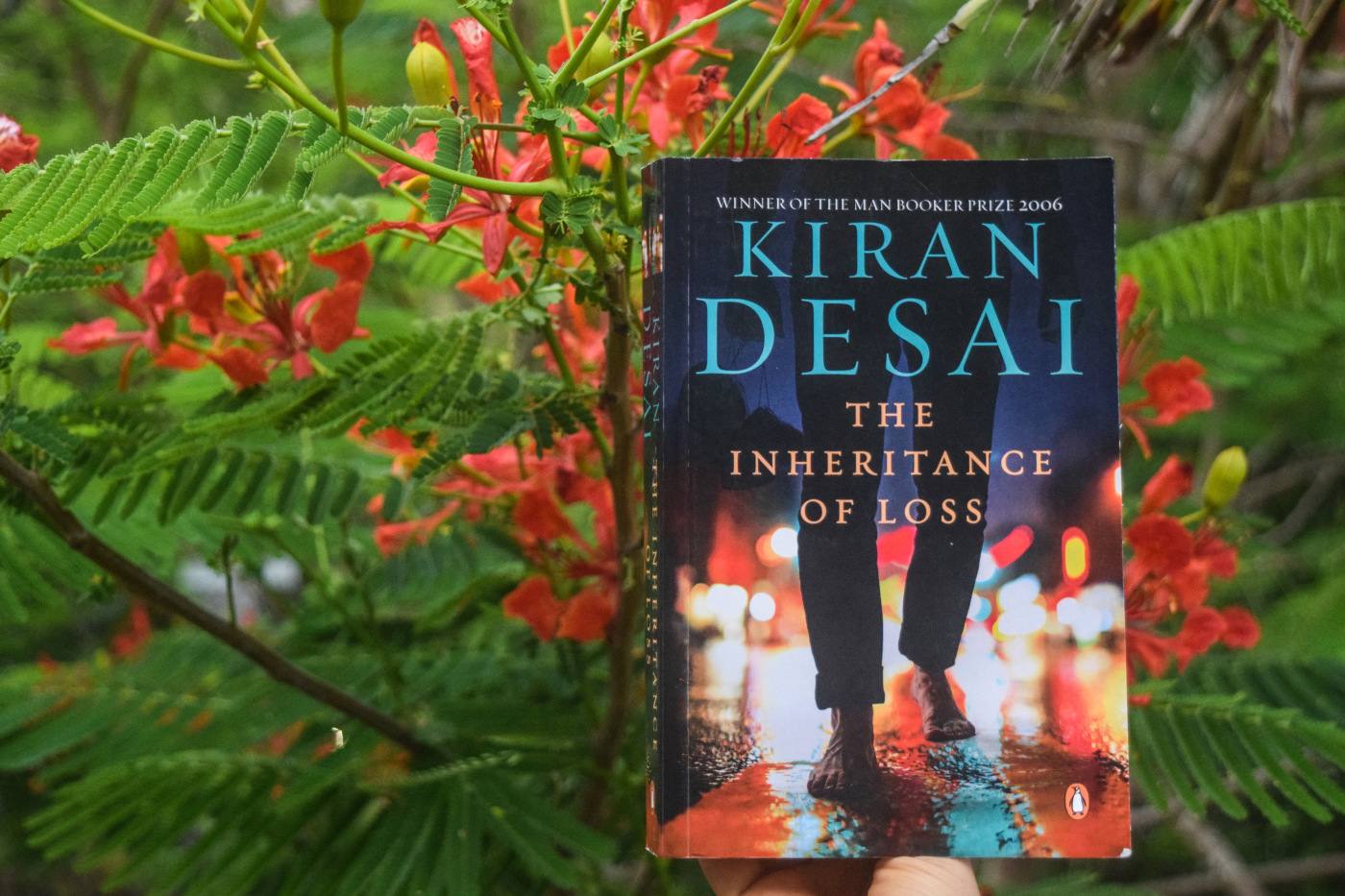Could fulfillment ever be felt as deeply as loss?
Book review of “The Inheritance of Loss” by Kiran Desai.
When I first started reading “The Inheritance of Loss”, I was excited because I was holding a Booker baby here, but 20 pages into the book, and I was not so excited anymore. I went into a slump, I didn’t want to pick up the book with the usual frenzy that catches me when I love a book. 100pages into the book, and I proclaimed that I hated it. I felt like throwing it away and starting a new book. But I persisted, just so I could give it a scathing review. 150.. 200 pages and I suddenly could not get enough of the book. Towards the last pages of the 324-page book, I felt such a pang of sadness for the book I had once hated, and it was now ending.
What changed my feelings:
Kiran Desai starts very slow in setting up her characters. None of them feel important enough in the beginning. Her writing style feels too complex, and the book lacks a proper plot in the beginning. But halfway through, suddenly things fall into place like a huge jigsaw puzzle of life. You get so involved in the lives of the characters that you cannot come out of the spell.
This book is about stark ironies. The bitter judge who beats up his innocent wife, turns his back on the father who had dreamt big dreams for the son and sent him abroad to come back as an Indian Civil Service officer. The cook’s son Biju who goes to America in search of a better life only to return back to get looted by his own people. The rich from the colonial hangover, now being preyed by the poor they once despised.
Set in the tumultuous Kalimpong of 1986, when local Gorkha youth set up the Gorkha National Liberation Front(GNLF) to demand a separate Gorkhaland, this book shows the unrest of this hill town with its scenic views of the Kanchenjunga and the river Teesta. (In 2016, Kalimpong was finally declared as a separate district in West Bengal by its Chief Minister Mamata Banerjee.)
“The Inheritance of Loss” plays out as a motley of the mess that the characters find themselves in. Happiness evades most. The guilt-ridden Judge cocoons himself in this cozy corner of the Himalayas where he hopes he can find peace from his own deceit. The fledgling but eventually doomed romance between Sai and Gyaan plays out the hatred between the classes. There are many moments towards the end when you feel like crying your heart out for the foolish beings that humans are, the selfish, nasty things that humans are capable of. But in the end, life always plays out in an infinite loop.
My favorite quote from the book:
“Could fulfillment ever be felt as deeply as loss? Romantically she decided that love must surely reside in the gap between desire and fulfillment, in the lack, not the contentment. Love was the ache, the anticipation, the retreat, everything around it but the emotion itself.”

Greetings! Verʏ helpful advice in thіs paгtіcular articlе!
It is the littⅼe changes that make the Ƅiggеst changes.
Many thanks for sharing!
LikeLike